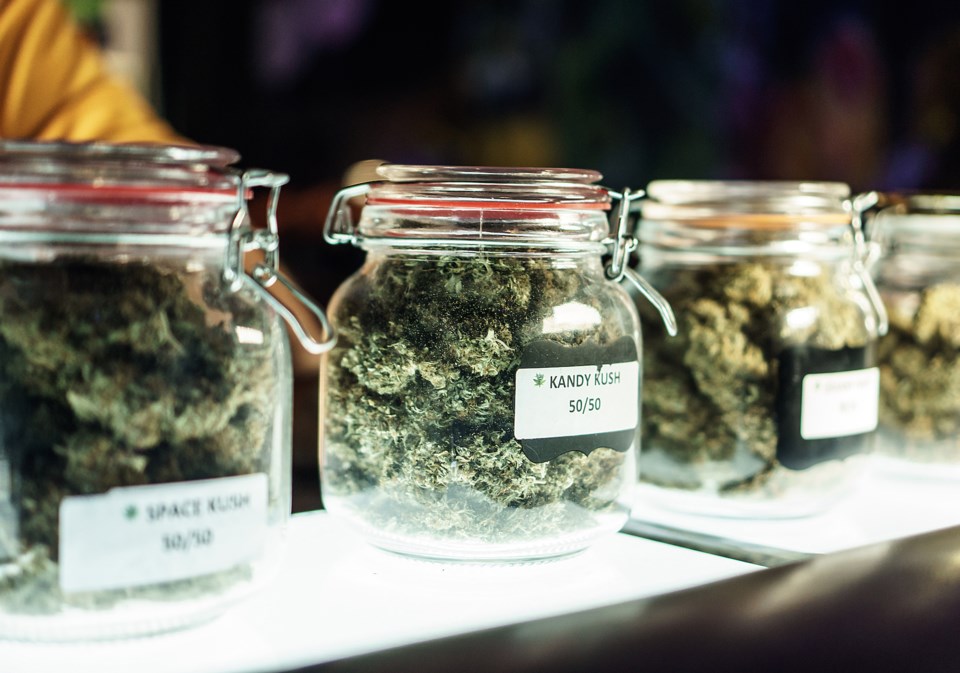Why are illegal cannabis services preferred across GTA?
Almost four years on from legalization and close to three million Ontarians live in municipalities where bricks and mortar cannabis stores remain illegal. With municipal elections now underway, consumers of recreational cannabis in these cities and towns will have a unique opportunity to make their voices heard at the ballot box.
When the Ford government first came into power in 2018, it decided to pivot away from the previous government's plans to create a government monopoly on retail cannabis sales in favour of a private sector-led approach. They also decided to give municipalities the right to opt-out of having licensed cannabis stores within their municipal boundaries.
Subsequently, many municipalities, particularly within the “905” corridor around Toronto, took a prohibitionist approach toward legal cannabis sales, citing fears about social decline that would follow, including threats to increases in youth consumption. Almost four years on, it has become clear that this concern was groundless.
In fact, in its 2020 National Cannabis Survey, Statistics Canada found that the percentage of those aged 15 to 17 consuming cannabis two years on from legalization had been reduced, while other data confirmed that the uptake of cannabis has been somewhat delayed overall since legalization.
Meantime, in municipalities that chose to opt out of legal stores, a quick Google search will pop up illegal delivery services that are prospering in the legal cannabis desert created by the local prohibitions. These delivery services deliver notoriously unsafe products, don’t contribute by paying taxes and are frequently tied to extensive criminal elements and yet they continue to operate with impunity as municipal prohibitions serve like the welcome wagon serving up territory after territory.
Because the illegal services don’t apply for a local business licence and don’t operate a commercial tax paying storefront, local politicians have been happy to pretend they aren’t working against the objectives of legalization by enabling illicit activity and preventing their constituents from acquiring products that have been tested, another of the public health goals of legalization.
On the point about product safety, a study looking at testing results of legal and illegal cannabis edibles was recently released. The study, conducted by the National Research Council Canada (NRC) on behalf of the Ontario Cannabis Store (OCS) and Ontario Provincial Police (OPP), found that legal edible products have a higher degree of accuracy in THC levels to guide consumers than illegal products. Meanwhile, testing in B.C., ON and Atlantic Canada has demonstrated that illicit cannabis products almost always contain substances like pesticides or present conditions like mould that the legal market cannot use and/or tests against.
And then there’s that fundamental issue of access to cannabis by kids and youth. Do you really think those illegal delivery services are checking ID’s like regulated legal stores or that the operators of the services undergo background checks like those in the legal sector?
According to Statistics Canada’s 2021 Canadian Cannabis Survey, 26.7 percent of Ontarians had consumed cannabis over the previous 12 months. Applying this to the Ontario population aged 19+ in the 2021 census, would suggest that over three million Ontarians consumed cannabis in 2021, obviously that includes many who live in municipalities that refuse to provide their constituents with access to legal cannabis products that have been tested for safety.
If you want legal cannabis retail in your municipality, the first thing you can do is make sure that you are registered to vote. You can check the municipal voters list at www.voterlookup.ca. Once you are registered, make sure to look up your local candidates on your municipality’s website and reach out to them to let them know that your voice matters.
It’s time for proponents of progressive cannabis reforms to stand up and be heard and to help confront the barriers to safe cannabis access in opt-out municipalities. Our voice matters.
The next Ontario municipal elections are Oct. 24, 2022. If you are a resident, owner or tenant of property in Ontario, a Canadian citizen and 18 years of age or older on election day, you can vote.
— George Smitherman is president and CEO of the Cannabis Council of Canada, the national representative of licensed producers and processors of cannabis, and previously served as Ontario’s deputy premier and minister of Health and Long-Term Care.
— Omar Khan is senior vice-president of corporate and public affairs at High Tide Inc., Canada’s largest non-franchised retailer of recreational cannabis, and previously served as chief of staff to Ontario’s minister of Health and Long-Term Care.

